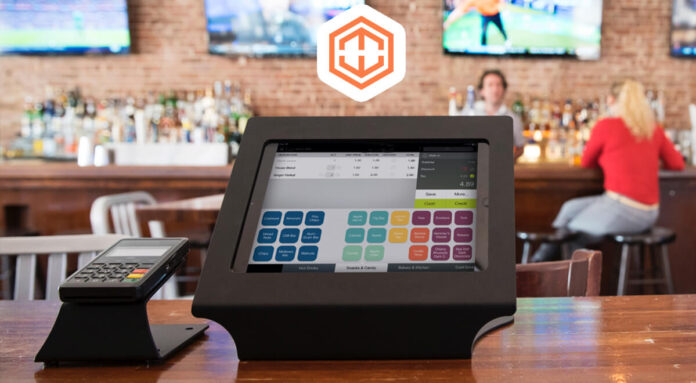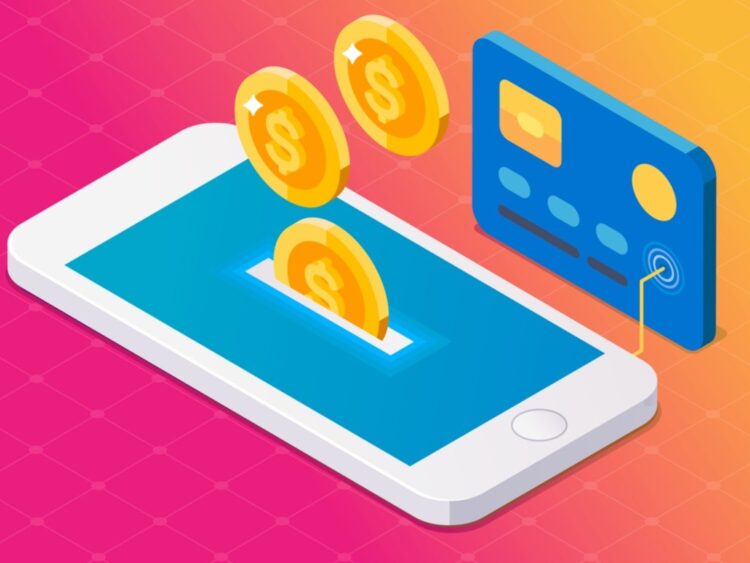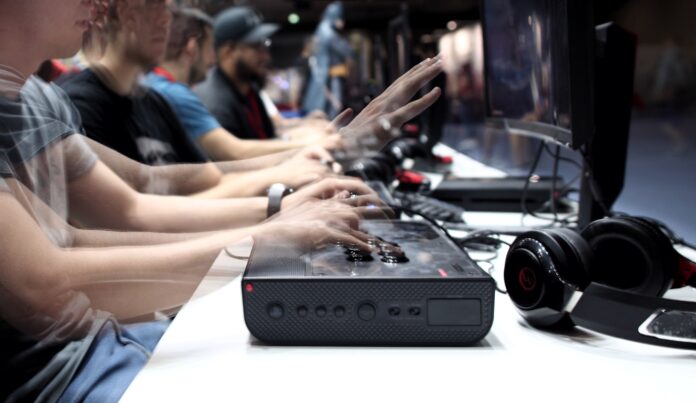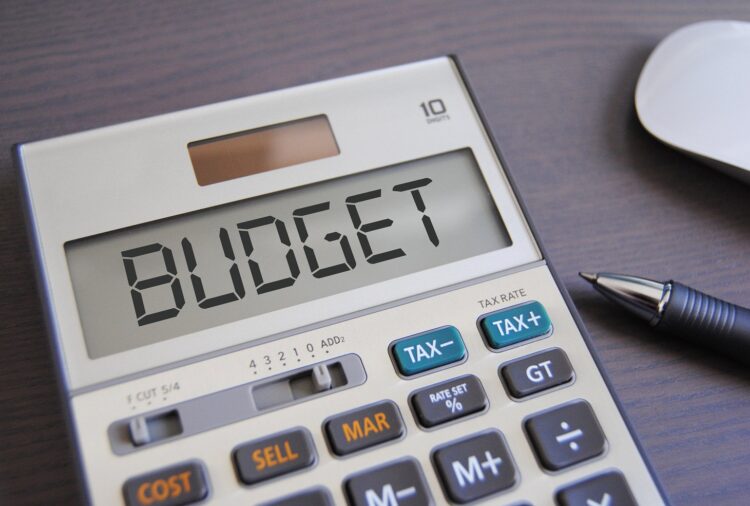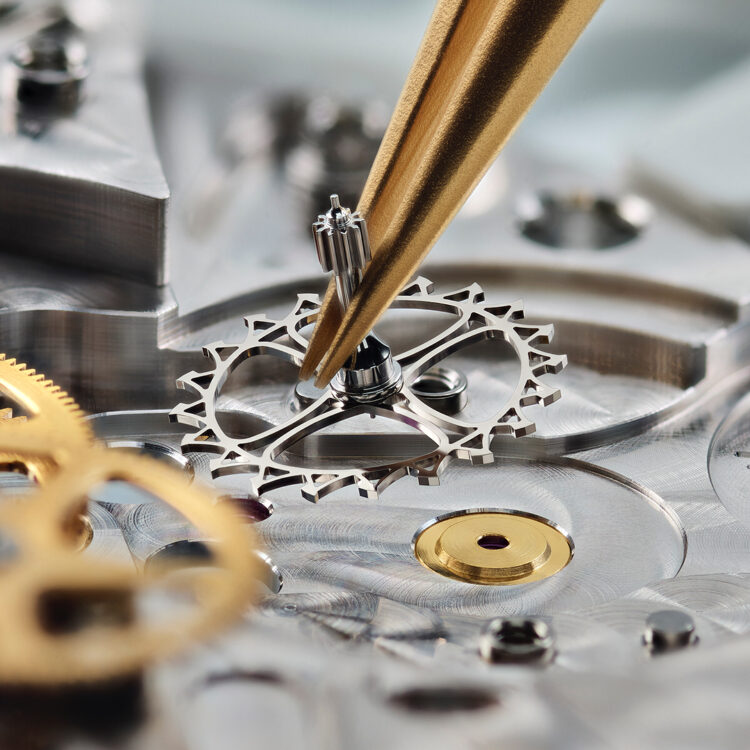Businesses are steadily adopting the POS systems, and the most obvious reason is that it is an easy and convenient way of transacting business. It removes the need to put price tags on products. Instead, you link the selling prices to the item’s product code when adding the stock. This way, cashiers only need to scan the system to process the sale. In the case of price change, you can easily do it by use of the inventory window. You can also implement several discounts, customers’ loyalty schemes, including other efficient stock control. We can say that it is a system typical of nearly all modern ePOS systems.
POS system has two components; software and hardware. The software usually has a front end as well as back end. The front end is for processing transactions while the rear end gives the user access to sales figures, analytics, inventory, and other necessary information. Hardware, on the other hand, is a device that is used to process transactions. It can be a mobile phone, touchscreen, PC monitor, or tablet. However, to use these devices, an internet connection is required. In this article, we will look at different hardware for the POS system that small business owners can use. However, before we look at that, it is good that we understand what we mean by the term POS system.
Defining Point Of Sale (POS) System
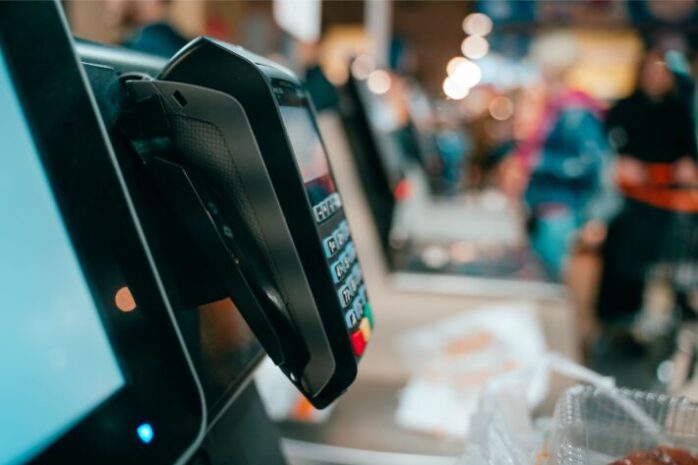
POS system, also called a point of service system, is a feature that offers numerous payment solutions. There are many types of POS systems in the market, such as Harbortouch POS Systems with hardware that can process Apple pay, EMV Chip Cards, Android pay, Near Field Communications, Samsung Pay, Tokenization, and PCI-validated P2PE. The system is ideal for retail businesses, restaurants, and bars. The reason why the POS system is also referred to as a point of service system is that it is also a customer order and point of return. Below we will give you
Types Of Hardware For POS System?
Mobile Phone For POS System
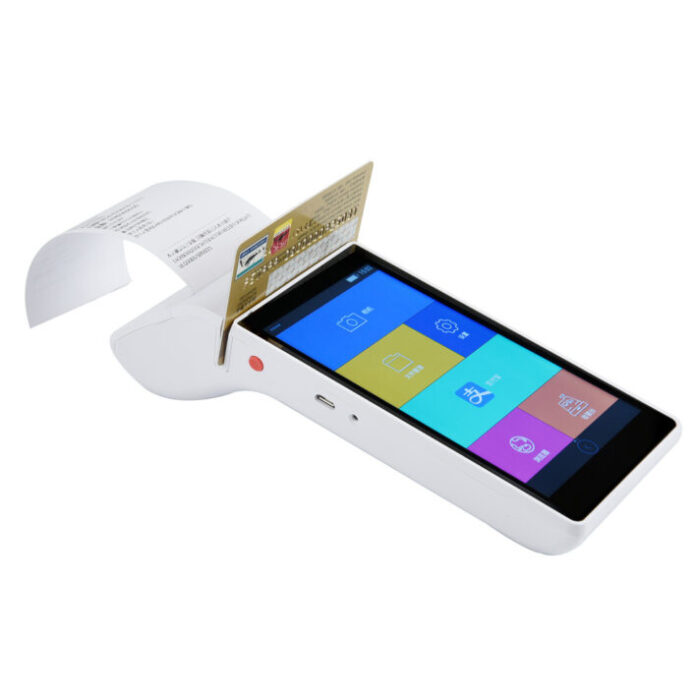
Technology today has made it easier to have smartphones and tablets POS services. You can manage customer information and inventory as well as process payment using these devices. Most POS system mobile apps are free in exchange for processing charges. This type of POS system is suitable for those business owners who are mobile and also do not have a lot of inventory to manage.
Terminal For POS Systems
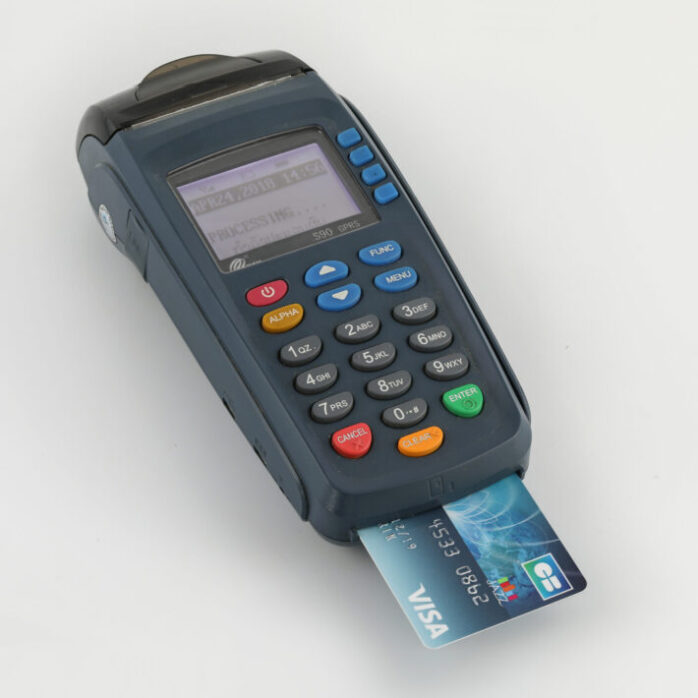
The terminal POS system is a point of sale system hardware that you usually see at the counters such as cash drawers and barcode scanners. Though they are software and hardware-based, the majority of them still require the internet to function. Some may even require that you use cloud-based software. They are mostly sold as all-in-one solutions. The majority of terminal POS systems users provide cloud backup and 24/7 support.
According to aduk.de, the good thing about terminal POS systems is that you can easily prevent employees from accessing the network because you can configure them only to run on the POS software. When it comes to restaurant solutions, the POS systems can integrate with tableside Wi-Fi portable devices, patron table ordering, kitchen printers, and online ordering. Some of them are free but in exchange for credit card processing charges.
This type of hardware POs system is perfect for magazine stores, boutiques, full-service restaurants, antique stores, spas, busy retailers, electronic stores, or grocery stores.
Tablet For POS Systems
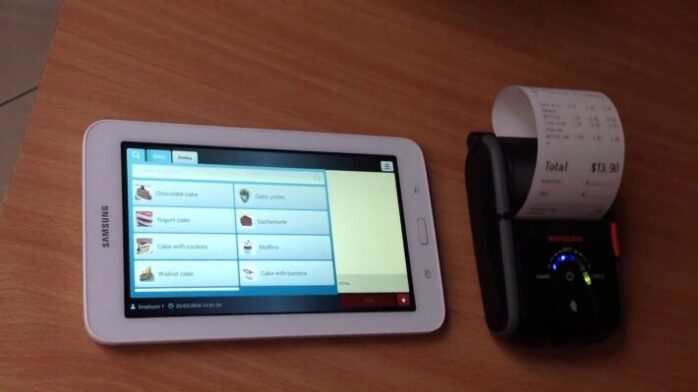
Tablet is a POS system hardware that is steadily becoming popular among users. Android and iPad devices are standard among POS system users. The reason is that it requires minimal investment. You can always use the tablet you already have to install the POS system app, and you are good to go.
Some tablet POS systems are offered free with a credit card processor. Others have a low monthly subscription fee and allow you to select a credit card processor. Many tablet POS systems support compatible hardware like cash drawers, tablet stands and barcode readers. Some applications are capable of managing multiple inventories and tracking employees’ time, while others are simple apps.
Tablet POS systems are ideal for businesses such as quick-service restaurants, ice cream parlors, salons, sandwich shops, juice bars, art galleries, professional service, and pizzerias.
PC monitors For POS Systems
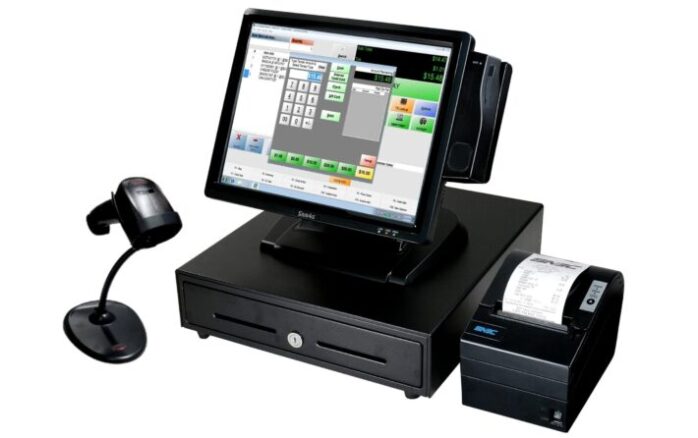
When it comes to the online POS system, you can use your device or hardware to transact. The PC monitor hardware can be an ideal device for the online POS system. While you cannot replace the PC solution with a touchscreen, the method can be suitable for businesses with low volume and big-ticket sales. It works well for small retailers, consignment stores, art galleries, salons, pet groomers, or big-ticket retailers.
Self-Service Kiosk For POS Systems
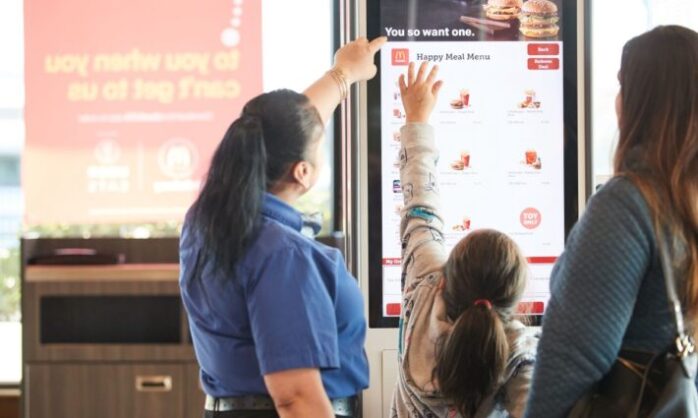
Many kiosk POS systems have specialized solutions meant to serve a specific purpose. For instance, we have a self-service kiosk where patrons can purchase movie tickets. We also have those kiosks meant for managing parking space-time as well as payments. This POS system is perfect for ticket sales, patient check-ins, parking, transportation passes, product lookup, and HR.
Conclusion
With many points of sale systems in place, small businesses don’t have to deplete their start-up capital on expensive point-of-sale systems. The above hardware for POS systems is a generally affordable and very convenient option for small or micro-businesses. If you are planning to start up a small retail store, you can use any of the above hardware POS systems to help you manage your business.

